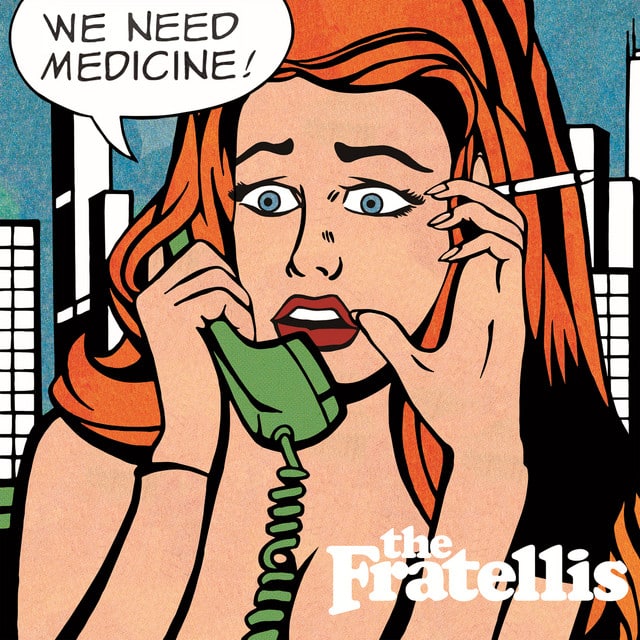Released: 2013
“She’s Not Gone Yet but She’s Leaving” by The Fratellis dives deep into the narrative of change and the inevitable departure. This song captures the essence of a person teetering on the brink of a significant life shift. She is on the verge of leaving, not just physically but perhaps metaphorically, moving on from old ways, relationships, or a part of her life that no longer serves her.
The opening lines set the scene with “Well, she’s halfway over this hard on Sun / She’s not gone yet, but she’s leaving.” Right off the bat, we’re met with the duality of her situation. She’s caught in a moment of decision, illuminated by the harsh light of the sun, suggesting an awakening or realization that it’s time to move on. The repetition of “She’s not gone yet, but she’s leaving” throughout the song emphasizes this state of in-between, where the decision to leave is made but not yet acted upon.
“And there’s a quiver up her backbone, dogs in the dust” illustrates her anticipation and the ensuing chaos of her decision. The phrase “quiver up her backbone” speaks to both fear and excitement, a physical reaction to the change she’s about to enact. “Dogs in the dust” could symbolize the distractions and lesser concerns that vie for her attention, but ultimately don’t deter her from her path.
Lyrics like “One part evil, three fifths blind” and “And she knows that injustice is no real crime” serve up a delicious mix of defiance and acceptance. She recognizes her imperfections and the murky moral ground she walks on, yet there’s a resilience and a sense of justice in her actions. The song doesn’t shy away from portraying her as a flawed character, which adds layers to her decision to leave.
The lines “There’s a rumble, a whisper / Underneath the cover / Louder than a dead man’s drum” evoke a sense of underlying turmoil and urgency that can’t be ignored. This could represent internal conflict or societal pressures that drive her towards the decision to leave. The recurring mention of “a joke that they told her / When she got much older” hints at the irony of growing up and realizing certain truths about life that are far from what one was led to believe in youth.
In sum, this song is a rich narrative of leaving, filled with imagery and metaphor that paint a vivid picture of a woman on the brink of change. It explores themes of growth, defiance, and the complexity of human emotion with a poetic lens, compelling listeners to ponder the inevitable departures in their own lives and the grit required to push forward.






